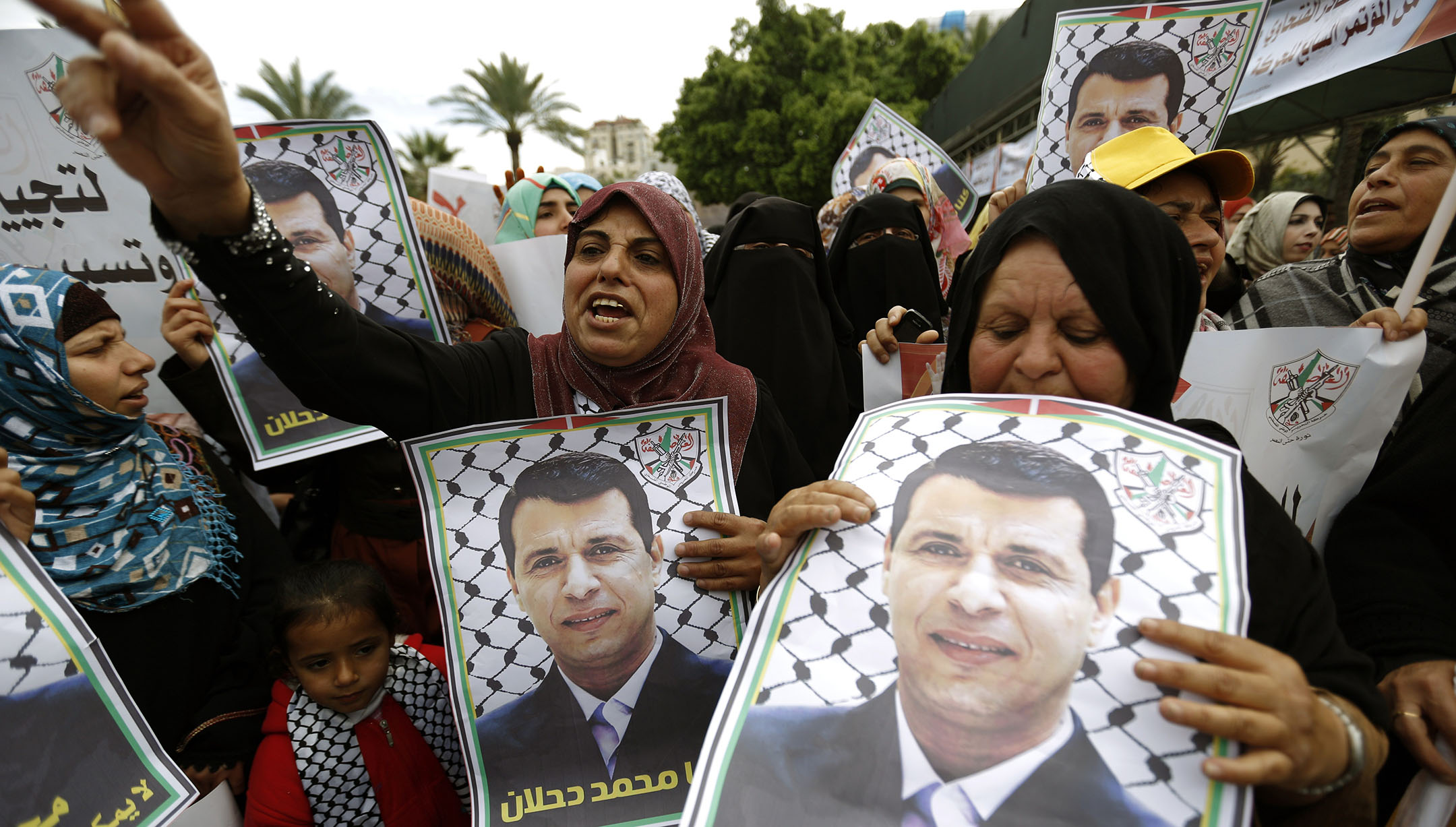Temporary reprieve. Islamist fighters from al-Nusra Front ride a motorbike in the city of Ariha in Idlib province. | Reuters
Turkey and the US have failed to isolate jihadi forces from those of the legitimate opposition, despite commitments to do so.
The long-anticipated, epic battle to determine who rules in Syria’s Idlib province has been postponed. The agreement between Russian President Vladimir Putin and Turkish President Recep Tayyip Erdogan does not resolve the contest between Syrian President Bashar Assad and the rapidly dwindling opposition. Rather, it represents an important chapter in the shaping operations by all contestants to maximise their fortunes as the Syrian endgame unfolds.
Recent weeks have seen a crescendo of warnings and concerns about a military operation by Damascus and its allies to crush the insurgency in Idlib and effectively end the organised campaign against the Assad government. Dire warnings from both sides of chemical attacks accompanied escalating estimates of the humanitarian catastrophe to come.
It is possible that a battle confirming the most alarmist warnings and worst fears of all parties will be waged but there are very good reasons — based on how the Syrian civil war has been conducted, most recently in the south — why the battle to end the war will be fought without resort to chemical weapons, feature far fewer bloody confrontations between regime and non-jihadi rebels, offer an opportunity for the collapsing cadre of al-Qaeda and similar ilk to fight another day (if not in Syria) and, most notably, result in fewer civilian dislocations than feared.
The terms of the Russian-Turkish agreement, announced September 17, add substance to the view that the campaign for Idlib will resemble earlier campaigns in Daraa and elsewhere — battles that confirmed the power of the regime and its allies, split the faltering armed opposition into more manageable pieces and were waged without producing a massive human catastrophe.
Speaking after his meeting with Erdogan, Putin detailed their agreement to create a 15-20km demilitarised zone between rebels and Syrian government forces by October 15.
Russian and Turkish forces will conduct joint patrols in the buffer zone, whose territorial details have yet to be revealed. Radical groups, including former al-Qaeda affiliate Hayat Tahrir al-Sham and Jabhat Fateh al-Sham, will relocate from the zone and heavy weapons held by Syrian rebel factions in Idlib city are to be surrendered by October 20.
“Mobile patrol groups consisting of Turkish Army units and Russian military police units must control the situation in the demilitarised zone, while transit along the Aleppo-Latakia and Aleppo-Hama highways should be restored by the end of 2018, explained Putin.
“With this agreement we have precluded experiencing a large humanitarian crisis in Idlib,” Erdogan said. “The opposition will continue to remain in the areas where they are. In return, we will ensure that the radical groups, which we will determine with Russia, will not operate in the area under discussion.”
Turkey and the United States have failed to isolate jihadi forces from those of the legitimate opposition, despite commitments to do so. Now Ankara is promising a two-pronged effort to box in Assad’s militant enemies by confiscating their heavy weapons and “eliminating… radical groups.”
Turkey will be challenged to fulfil its commitments and meet the costs of consolidating a Turkish protectorate comprised of rebel forces increasingly at each other’s throats. If the campaign against Jabhat Fateh al-Sham and other jihadist groups is to succeed, an avenue for their exit from Syria must be found.
As it has on other fronts, Russia won for itself an operational role in Idlib. Not only will its forces continue the longstanding campaign against jihadists — and whoever else has the misfortune to be in the vicinity — its troops will be deployed alongside Turkish forces in the demilitarised zones to reduce the presence and the arsenals of rebel forces, who, until now, were supported by Ankara.
Washington remains on the sidelines of both the war and its resolution. As was the case in the recent engagements in the south around Daraa, US support for opposition forces in Idlib appears limited to the deterrent value of Washington’s threat to respond militarily to the use of chemical weapons. Only if this red line is crossed does Washington appear ready to respond, however destructively, in a limited and tactical fashion. Otherwise, as the rebels in the south discovered, they are on their own.
It can be expected that these understandings and commitments will be only partially fulfilled. Local reconciliations with the regime have long been a trademark of Russian dialogues with rebels and these efforts will continue in the more favourable circumstances created by the agreement.
The hesitations and shortcomings that permitted jihadists to remain, however, have not been solved. Syria remains at war. With the agreement between Putin and Erdogan, the scene for the next battle is being set.







